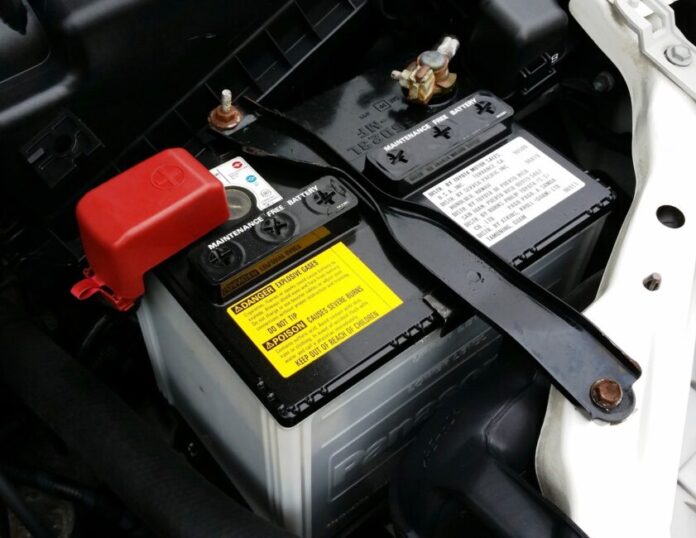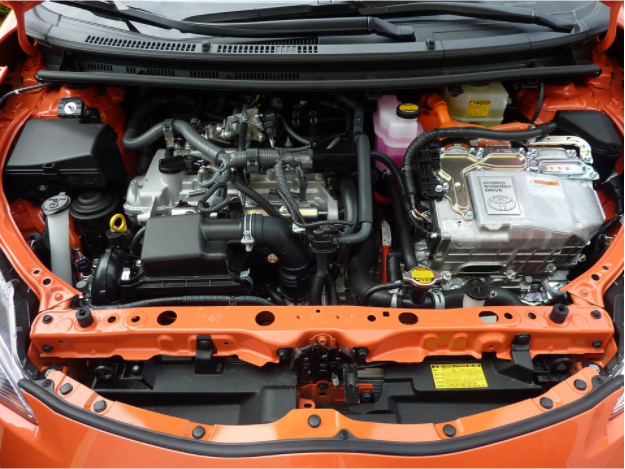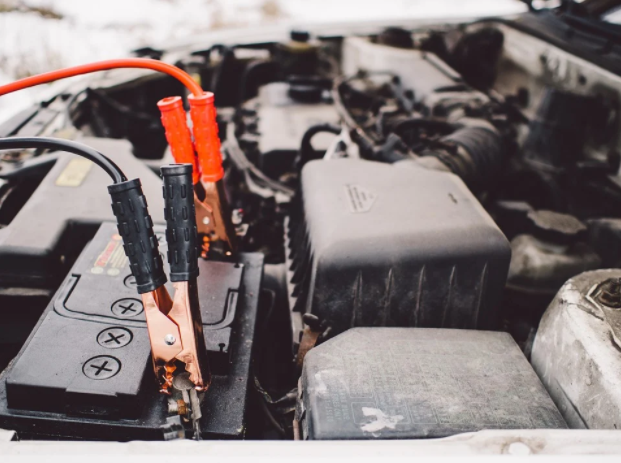Car batteries are a car owner’s best friend. They provide the power for all of your car’s electrical components, and you need to take good care of them if you want to have a car that will last. Here are six important things that car owners should know about car batteries.
They Die Out Over TimeÂ
Like any other electronic, batteries also die out after some time. Most car mechanics will recommend extending the car battery life span by going with a better brand. This is a very smart investment, and it will also ensure that your car battery doesn’t die out when you need it most.Â
The average lifespan of a car battery is around three to five years, but this varies depending on the make and model of your vehicle. So, if you’re looking for a new car battery, do some research to see what the best option is for your needs. You can also ask experienced mechanics for their advice on which brands have a longer life span. Another aspect to consider when discussing car batteries is the rise in electric vehicles on the road today. With the growing demand for EVs, the infrastructure to support these vehicles is also evolving rapidly. Many people are not just looking at the longevity of car batteries, but also at how accessible EV commercial charging stations are. The EV commercial charging stations installation by ACP, for example, has made strides in increasing the ease of charging for many electric vehicle owners, ensuring that batteries are efficiently charged and ready for use. This development further underscores the importance of staying informed about advancements in car battery technology and infrastructure.
The Things That Drain Your BatteryÂ
There are many things in your car that can drain your battery. Things like the radio, the lights, and even the air conditioning can take their toll on your battery. It’s important to know what these things are so that you can avoid having a dead battery when you need it most.
Here’s what you need to pay attention to in order to keep your battery alive longer:Â
– The lightsÂ
– The stereo system, including the clock and any computer connections related to things like navigation or Bluetooth.
– Heating/cooling systems, particularly when they are in use for long periods of time during hot days or cold nights. That includes things like seat warmers, defrosters, rear windshield defoggers, etc. And don’t forget about your car’s air conditioner!
– Your car’s starter system. It takes a lot of juice to turn those heavy engine parts and get things going, and this is one of the biggest drains on your battery.
They Need To Be Kept Clean And Dry
In order to properly maintain a car battery, it’s important to keep the area where they are being stored clean and dry. When a damp or dirty environment is being maintained around a battery, rust can build up which will severely damage the unit in time. This means that people should always store their batteries in an open space with proper ventilation so that they won’t have any problems being compacted by wetness from other objects being placed on top of them.
If you don’t do this, you risk being left with a battery that has to be replaced sooner rather than later.
Batteries Should Be Disconnected If The Vehicle Isn’t In UseÂ
When you’re not using your vehicle for a long time, disconnecting the battery is an important thing to know about car batteries. They are designed to deliver large amounts of power very quickly. When they’re not used regularly, discharging and recharging them can cause damage which reduces their effectiveness over time. If you disconnect your car battery when it’s not in use, you’ll help ensure that it lasts as long as possible.Â
When disconnecting your battery, always disconnect the negative terminal first. This is the black one. The positive terminal is usually red. If you’re not sure which is which, look for a diagram on the battery itself or in your car’s owner’s manual.
Be Careful When Working With ThemÂ
Car batteries contain corrosive acid that can cause serious injury, so it’s important to take care when working with them.
To protect yourself, wear protective eyewear and clothing when working with car batteries. You should also avoid coming into contact with the battery acid. If you do come into contact with it, flush your eyes or skin with water immediately.
Always be careful not to create a spark near the battery; sparks can cause an explosion and make sure the battery is properly sealed before transporting it.Â
You Need To Dispose Of Them SafelyÂ
When the battery dies out, you’ll need to dispose of it. The best way to do this is through recycling, but disposing of them in your garbage can or flushing them down the toilet are other options as well. Just be sure that you’re disposing of them safely so that they don’t harm the environment or people.Â
You can recycle car batteries through a variety of places, such as local recycling centers, auto parts stores, and even some battery manufacturers. The recycling process begins by removing the combustible material, such as plastics and insulation, with a gas-fired thermal oxidizer. Polluting particles created by the burning process are eliminated by the plant’s scrubber before being released into the atmosphere. This leaves the clean and naked cells with metal content (lead-acid).Â
Car batteries keep your vehicle running and it cannot go without them so make sure you get a long-lasting one in your four-wheeler. Know what drains it and keep it clean and dry. Make sure to disconnect it if you won’t be driving the car for a longer period and always protect yourself when working on it. Finally, once it dies out, dispose of it safely for the sake of everyone’s well-being. Now you know the most important things about car batteries!
























